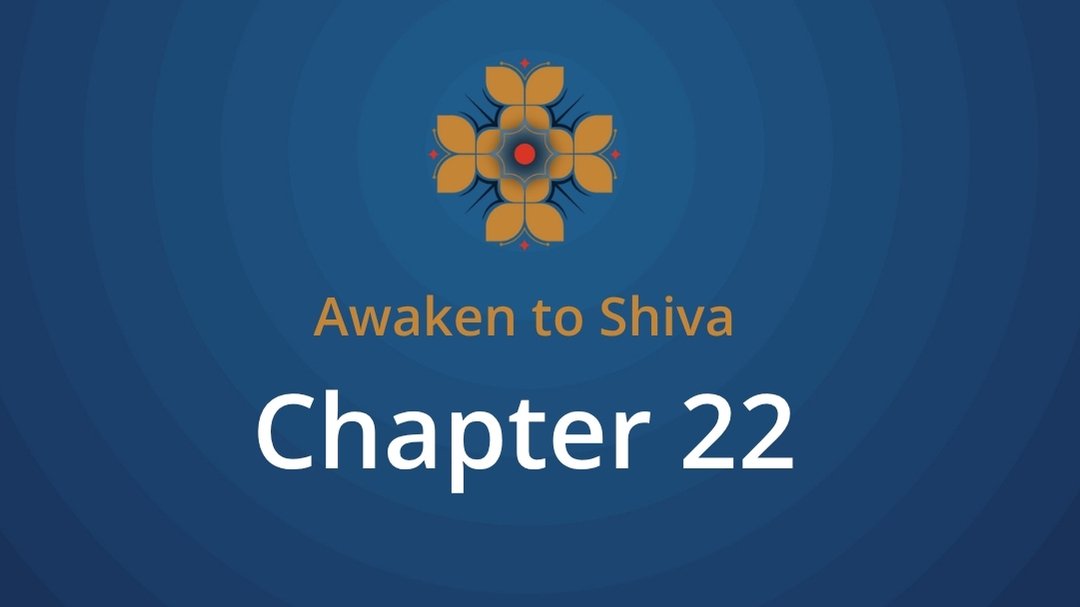Home » All Chapters » Chapter 22 - The Grace of Selfless Giving

The sages asked Sutji to elaborate on the importance of place, time, and charity. Sutji explained that the location of charity and worship greatly impacts its merit. Rituals performed at home are auspicious, but those conducted in cowsheds, near water bodies, under sacred trees, or at pilgrimage sites yield greater rewards. Among pilgrimages, the banks of sacred rivers like the Ganga, Godavari, and Yamuna are
considered the most fruitful.
In Satyug, offerings and charity produced complete rewards, while in Kaliyug, sincere donations still bear significant fruit. Special occasions such as solar eclipses, lunar eclipses, and auspicious dates amplify the benefits of giving.
Regarding eligibility, Sutji described ascetics and yogis as the most deserving recipients. Giving food to the hungry without waiting for them to ask is considered the highest form of charity, while giving after being asked yields lesser merit.
Twelve items are deemed the most valuable for donation: cows, land, sesame seeds, gold, ghee, clothing, grains, jaggery, silver, salt, gourds, and kusha grass. Donating cows absolves sins, land provides shelter in the afterlife, and gold enhances valour.
Charity ensures blessings in this and the next world. Offering everything to God and giving wisely leads to ultimate liberation (moksha).
This chapter reminds us that the power of charity lies not only in what is given, but in how it is given. Sutji airms that feeding the hungry before they ask-without ego or expectation-is the purest form of offering.
The Bhagavad Gita says: “That gift which is given to one who does no service in return, in a proper place and time, to a worthy person, and without expectation, is considered Sattvic (pure).”
Charity, when done with reverence and humility, becomes more than a social act-it becomes a spiritual offering. Through such giving, we don’t just support others-we cleanse our own karma and draw closer to Shivji’s liberating grace.
Ready to journey deeper into Shivji’s sacred embrace?
🎧 Listen to the podcast
📖 Read the book – A Modern Seeker’s Mahāshivpurāṇ.